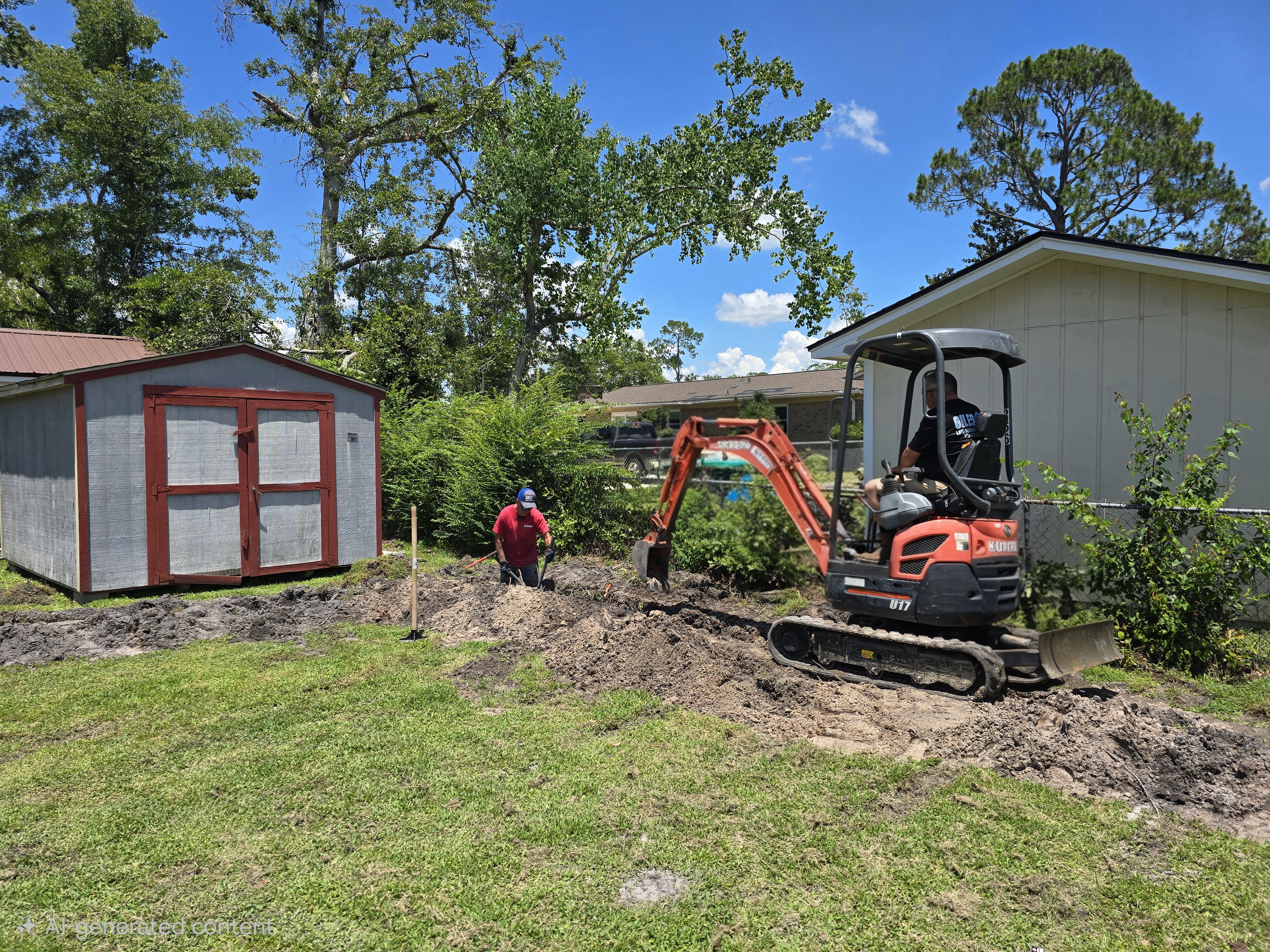
The Role of Debris Removal in Sustainable Land Management Nov 03, 2025
To begin, it's essential to understand what debris removal entails within the context of land management. This process involves the clearing of natural and human-made waste that accumulates after construction, storms, or routine land use. The removal of this debris is not just about maintaining aesthetics or clearing space. It plays a critical role in sustaining healthy ecosystems and preventing damage to the environment.
One of the primary benefits of debris removal in sustainable land management is the prevention of environmental degradation. Unattended waste can contribute to soil erosion, water pollution, and disruption of local habitats. By systematically removing debris, companies like Giles Land Management help maintain ecological balance, reducing harmful impacts on flora and fauna. This is critical for preserving biodiversity and promoting healthy land.
Moreover, regular debris removal helps in preventing wildfires. Accumulated dead branches, leaves, and other flammable materials can be a ticking time bomb during dry seasons. By clearing these potential fuel sources, debris removal reduces the risk of fires, protecting not only the environment but also nearby properties and communities. This preventative approach is an essential aspect of responsible and sustainable land management.
Debris removal also facilitates better land use planning. By ensuring that land is free from clutter and unusable materials, it becomes easier to rehabilitate and repurpose spaces. This process is vital for converting undeveloped or previously used land into productive areas, whether for agriculture, construction, or public spaces. Efficient debris removal creates a clear canvas for future development, benefiting both the environment and local economies.
In addition to environmental benefits, debris removal also has practical advantages for landowners and businesses. It enhances property values by improving the land's visual appeal and usability. Well-maintained land is more attractive to potential buyers, investors, and tenants, making it a worthwhile investment for anyone looking to optimize their land's potential.
Furthermore, the process of debris removal often incorporates recycling and repurposing of materials. Items like wood, metal, and certain plastics can be salvaged and given a new life, reducing waste and contributing to a circular economy. This practice helps minimize reliance on new materials and lowers the overall carbon footprint, aligning with sustainability goals.
The role of debris removal in sustainable land management is evident in its myriad benefits. From maintaining ecological health and preventing disasters to enhancing land utility and contributing to economic growth, this process is integral for anyone interested in responsible land stewardship. Companies like Giles Land Management, LLC are at the forefront of providing these essential services, ensuring that land is managed with care and foresight.
In conclusion, as we move towards more sustainable practices across various industries, the importance of debris removal cannot be overstated. It is a fundamental component that helps balance human activities with environmental conservation, providing a sustainable path forward for future generations. For landowners and businesses, embracing debris removal is a step towards responsible land management and a better, greener tomorrow.
/filters:no_upscale()/filters:format(webp)/media/3aae1e6c-ef70-4923-8bc3-fec013771e90.jpeg)